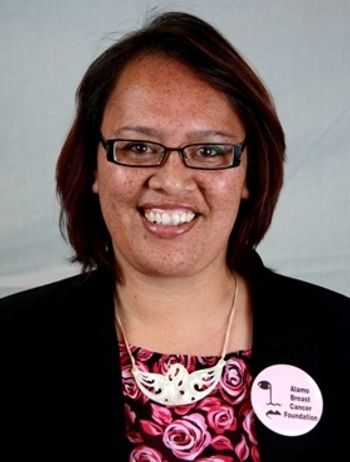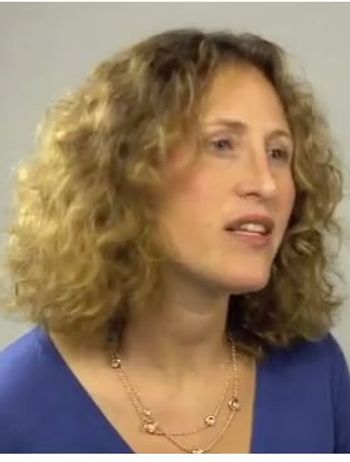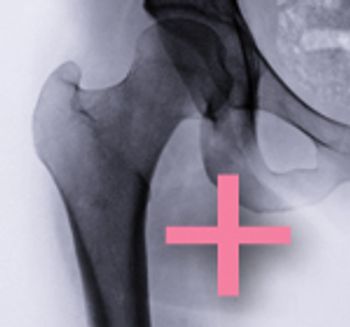
One of the primary goals of sentinel node biopsy is to reduce the need for axillary dissection to minimize a woman’s chance of getting lymphedema, a chronic buildup of fluid that occurs as a result of the body’s impaired ability to drain lymph fluid from tissue.





